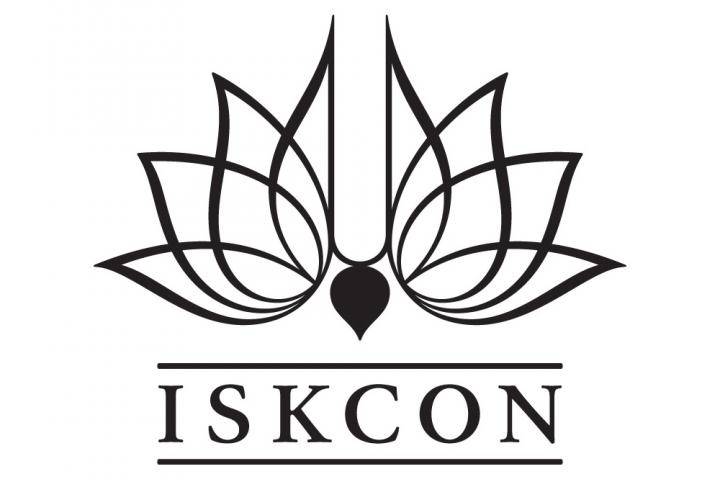Washington, DC (August 24, 2016) — Leaders of the Hindu American Foundation (HAF) expressed serious concern about the case of 19-year Russian International Society for Krishna Consciousness (ISKCON) devotee Vadim Sibiryev, the first person of any faith to be charged under Russia’s month-old law severely restricting the sharing of religious beliefs in public.
In late July, Sibiryev was arrested in Cherkessk on suspicion of violating the Religion Law and Administrative Code, the so-called Yarovaya Laws. Sibiryev, who was visiting the city, had been offering religious books for sale on the street. Sibiryev was acquitted on August 15, after his lawyer successfully argued that his actions did not fit the law’s definition of “missionary” activity.
Under the new laws, missionary activity is defined as “the activity of a religious association aimed at the dissemination of information about its beliefs among non-members, with the goal of involving these people as participants.” Only religious groups carrying written state authorization may perform the activities reference under these laws.
“Though in this particular case the defendant was acquitted, we’re deeply concerned about the implications of Russia’s latest efforts to curb the religious freedom of its citizens,” said Samir Kalra, HAF Senior Director and Human Rights Fellow. “We urge Russian government officials to take immediate steps to rescind such vague and overly broad laws that criminalize basic religious activity.”
Had he been convicted Sibiryev faced a fine of 50,000 roubles, the equivalent of roughly six weeks average wages.
Prior to being officially recognized a quarter century ago, official government harassment of ISKCON devotees was common. For a number of years the situation had been improving, though reports of harassment of ISKCON devotees, as well as non-Orthodox Christian groups such as Jehovah’s Witnesses, and Baptists, have been increasing.
HAF recently signed on to a religious freedom coalition letter to Russian President Vladmir Putin conveying concerns about the new Yaralov laws. And in 2011, HAF formally wrote to Russian Embassy officials in Washington, D.C., after state prosecutors in the Siberian town of Tomsk tried to ban the Bhagavad Gita, one of Hinduism’s holiest scriptures characterizing it as an “extremist text.”






































